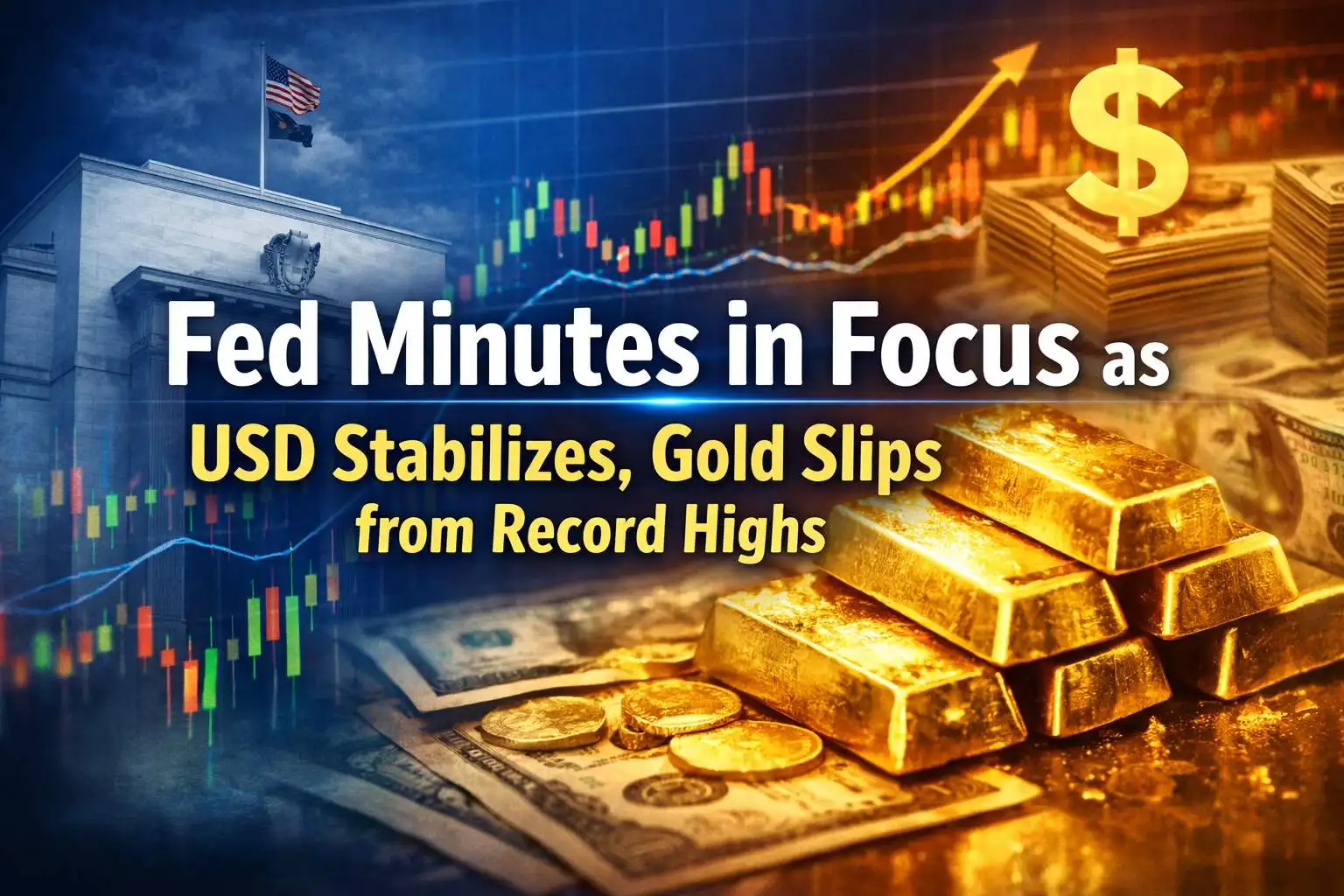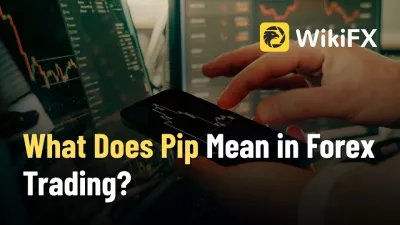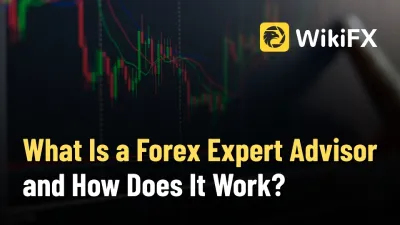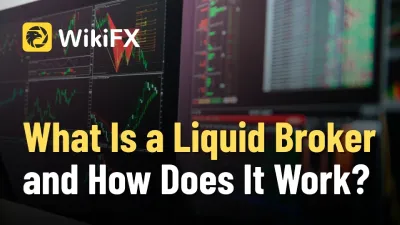Abstract:Know the hidden costs of Forex trading, including spreads, swap fees, and commissions, and learn how they impact your profits. Stay informed and trade smarter!
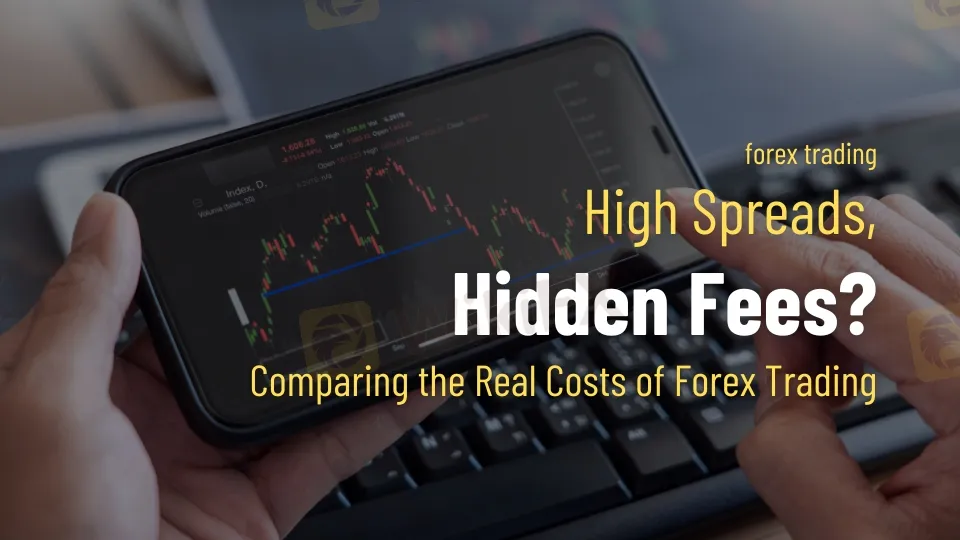
Forex trading, the act of buying and selling currencies, has become increasingly popular among traders worldwide. However, like any financial market, it comes with its own set of costs and considerations. In the case of Forex, spreads and hidden fees play significant roles in determining the profitability of your trades. Understanding these costs is crucial to becoming a successful trader. This article will explore the real costs of Forex trading, shedding light on spreads, hidden fees, and how these factors impact your overall trading profits.
Understanding Forex Spreads and Their Impact
The spread is one of the most basic costs you encounter when trading Forex. It refers to the difference between the bid price (the price at which you can sell a currency) and the ask price (the price at which you can buy a currency). This spread is typically quoted in pips, which is the smallest price movement in the Forex market.
For example, if the EUR/USD pair has a bid price of 1.2500 and an asking price of 1.2505, the spread is 0.0005 or 5 pips. This means that, immediately after opening a trade, you're already at a small loss equal to the spread, because you would have to sell the currency at a lower price than what you paid to buy it.
Spreads vary significantly depending on the currency pair you're trading, the broker you're using, and the market conditions. Major currency pairs like EUR/USD often have tighter spreads, sometimes as low as 0.1 pips, while exotic pairs can have much wider spreads, sometimes up to 10 pips or more.
The spread is essentially the cost of entering and exiting a trade. While it may seem small on the surface, the impact can add up over time, particularly if you're trading frequently or with large position sizes. Traders need to be mindful of this cost, especially if they are trading on short-term time frames where the spread can eat into their profits quickly.
Hidden Fees in Forex: What You Need to Know
While the spread is the most visible cost of Forex trading, there are other hidden fees that traders should be aware of. These fees are often not immediately obvious but can have a significant impact on your profitability in the long run.
- Swap Fees (Overnight Financing Fees): When you hold a position overnight, you might incur a swap fee (also known as an overnight financing fee). This fee is based on the interest rate differential between the two currencies you're trading. For example, if you‘re trading EUR/USD, and the European Central Bank’s interest rate is lower than the U.S. Federal Reserves, you could be charged a fee for holding that position overnight. On the other hand, if the interest rate is in your favor, you may receive a small rebate.
- Commission Fees: Some brokers charge a commission on each trade in addition to the spread. This commission is usually a flat fee per trade or a fee based on the size of the trade. For example, a broker might charge $5 per lot traded. While some brokers offer commission-free trading, they typically compensate for this by widening the spread. Its important to consider both the spread and the commission when evaluating the cost of trading with a particular broker.
- Deposit and Withdrawal Fees: While not always considered, deposit and withdrawal fees are hidden costs that can add up over time. Some brokers charge a fee to deposit funds into your trading account or withdraw your profits. These fees can vary depending on the payment method you choose, such as credit cards, bank transfers, or e-wallets. Traders should be aware of these fees when selecting a broker, as they can reduce the total profit you make from trading.
- Inactivity Fees: Certain brokers charge inactivity fees if you leave your account dormant for a certain period. These fees are charged on accounts that have no trades for a set number of months. The inactivity fee is typically charged monthly, and while it may seem minor, it can accumulate quickly if youre not actively trading.
- Currency Conversion Fees: If you're trading in a currency different from your account's base currency, you may incur currency conversion fees. These fees are typically applied when you deposit or withdraw funds in a currency other than your base currency. Currency conversion fees can be a significant hidden cost if you are trading with multiple currencies.

How Spreads Affect Your Forex Trading Profits
Spreads have a direct impact on your ability to generate profits in Forex trading. When you enter a trade, you're effectively starting in a negative position because of the spread. For example, if the spread on EUR/USD is 3 pips, your trade will need to move 3 pips in your favor just to break even. If the market moves only 2 pips in your favor, youll incur a small loss, even though the market has moved in the direction you predicted.
For traders who are looking to make small, quick profits, the spread can be particularly significant. For example, if youre a day trader or scalper looking to make profits on small price movements, even a 1 or 2-pip spread can be a significant barrier.
Additionally, the wider the spread, the more the market needs to move in your favor to make a profit. For instance, if you're trading an exotic pair with a 10-pip spread, the market must move more in your favor to cover the cost of the spread, reducing your overall potential for profit.
In summary, while spreads might seem like a small cost on individual trades, their cumulative effect over time can substantially affect profitability, especially for traders who engage in high-frequency trading. Choosing a broker with tight spreads is critical for minimizing these costs.
Breaking Down Forex Trading Costs for Beginners
For beginners, understanding the true costs of Forex trading can be a steep learning curve. It's easy to be lured by brokers offering “no commissions” or “tight spreads,” but the reality is that there are often hidden costs that may not be immediately apparent. Heres a breakdown of the key costs that beginners should consider:
- The Spread: As mentioned earlier, the spread is the primary cost of trading. Beginners should focus on finding a broker that offers competitive spreads for the currency pairs they plan to trade.
- Swap Fees: If you're holding trades overnight, make sure to check the swap rates offered by your broker. Some brokers offer lower swap rates for certain currency pairs, which could save you money in the long run. If you're planning to trade short-term and avoid holding positions overnight, this cost may not be as relevant.
- Commission Fees: If your broker charges commissions, factor this into your overall cost. While commission fees are often lower than spread costs for high-volume traders, beginners should focus on brokers with low or no commission fees to reduce overall costs.
- Leverage Costs: Leverage is a double-edged sword. While it allows you to control larger positions with smaller amounts of capital, it can also amplify losses. Some brokers charge additional fees when you use high leverage, so its important to consider the risks involved.
- Account Maintenance Fees: Some brokers charge fees for maintaining a trading account, especially if youre inactive for an extended period. Be sure to check the terms and conditions of the account before you open one, to avoid any unexpected fees.
- Educational and Support Fees: Some brokers offer educational resources and trading signals for a fee. As a beginner, you may want to consider whether these additional resources are worth the cost or if there are free alternatives available elsewhere.
Ultimately, for beginners, the key to minimizing Forex trading costs is to start with a broker that provides transparency about its fees and charges. By understanding all of the costs involved, you can create a more informed strategy and make better trading decisions.
Conclusion
The real costs of Forex trading go beyond just the spread, and it's essential for traders—particularly beginners—to understand how spreads, hidden fees, and commissions impact their bottom line. By considering these factors and choosing a broker that aligns with your trading goals, you can maximize your profitability and minimize unnecessary costs. Trading in the Forex market can be rewarding, but only if you are aware of the true costs involved and plan accordingly.






